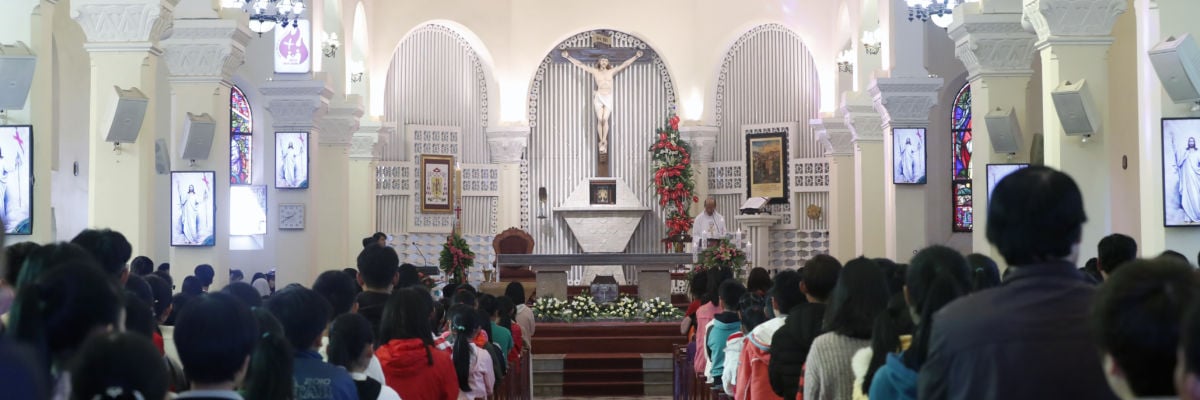
Question:
Answer:
This doxology—or prayer of praise to God—is not in Luke’s version (Luke 11), nor in the earliest manuscripts of Matthew. Beginning in the revised translation of the Mass promulgated after Vatican II, the doxology was provided as an additional prayer, not as an exegetical concession to Protestants, who had prayed it for many years in their liturgies. So, at Mass, after the priest’s words following the Lord’s Prayer, the faithful conclude, “For the kingdom, the power and the glory are yours, now and forever.”
The doxology was an addition to Matthew’s text, though it was seen early in Church history, such as in the Didache, which purports to be the teaching of the Twelve. So while it does have ancient roots in Christian liturgy, because this doxology is not part of Scripture, it’s not part of the official Lord’s Prayer (see CCC 2759ff.).



